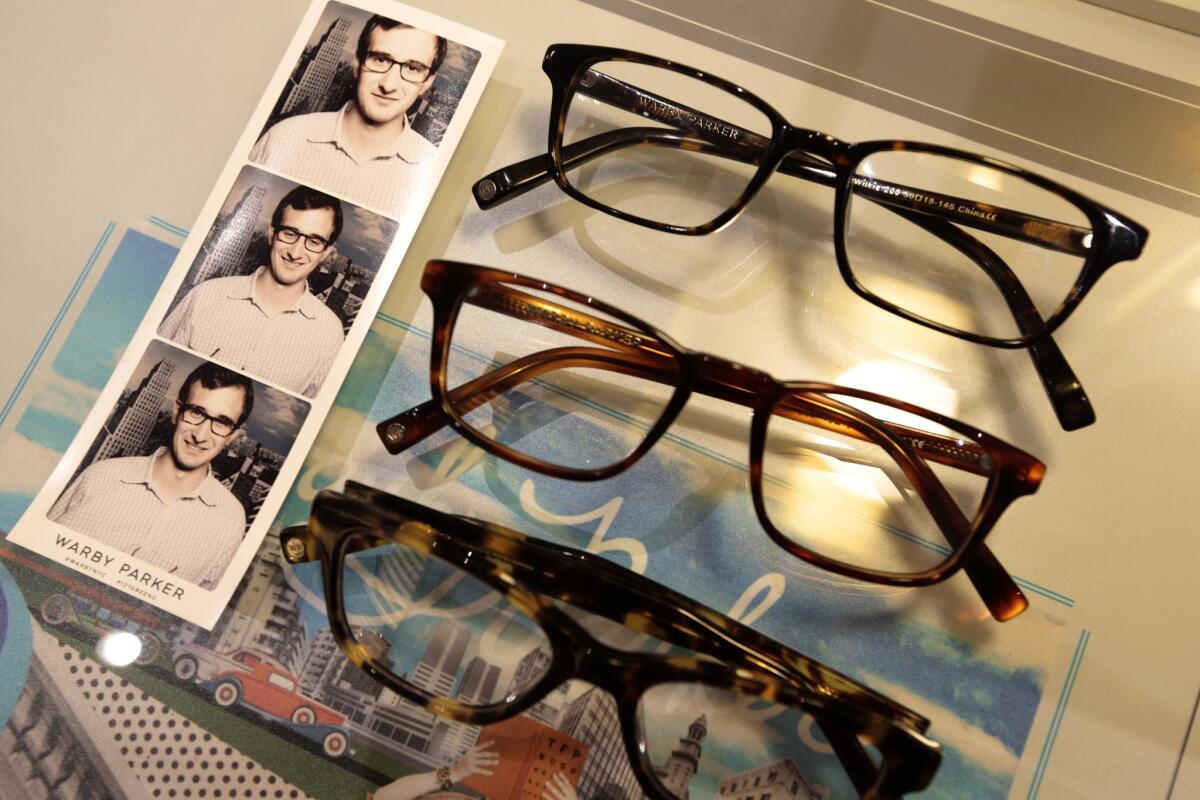Shopping for companies with charitable causes?

- Share via
Just as consumers make their preferences for cereal flavors or pizzas known with dollars, they can choose to patronize companies that they believe do good in the world. And companies are competing for consumer attention with labels calling out their causes.
But a product’s claims to be providing clean drinking water to desert villages or saving an endangered species doesn’t answer all the important questions. How much is donated? How reliable is the cause?
The nonprofit organization B Lab gives companies a “B Corp” certification and icon that it says is a litmus test that gives shoppers confidence they’re supporting more than good marketing. Certification is based on criteria about how the company treats its workers and the planet, its role in its community and other issues. About 1,000 companies take part, including Blue Avocado, a Texas company that makes stylish, reusable storage and shopping bags, and ice cream company Ben & Jerry’s.
Companies pay for the process based on their size, starting at $500. (Some states have established designations for corporations with similar ideals.)
One of those certified companies is the artisan San Francisco food company Love & Hummus. Founder Donna Sky says she donates 5% of her proceeds — before she pays herself — to local organizations she believes in, such as an incubator kitchen for women who want to start food businesses. “I want to be proud of every aspect of the company,” she says.
“More and more people care about the products they’re ingesting. But they also care about the company,” says Dirk Sampselle, a lawyer who works with B Corp companies. That’s why Toms shoes and Warby Parker glasses, among others, have been so successful, he says.
B Corp is far from the only certificator; others include Certified Humane, which concerns animal treatment; Rain Forest Alliance; Rain Forest Action Network; and Fair for Life, which promotes fair working conditions.
“We want to create a different kind of business,” one that would affect our “disposable lifestyle,” says Blue Avocado founder Amy George. And millennial generation shoppers are rewarding such by patronizing them, she says.
George’s inspiration dates to her father’s death, while she was in college. He left her a book that was inscribed: “May all your accomplishments be worthwhile.”
“It was a really powerful moment,” she says. “Your life is short, and nobody knows how long they’re going to live.... We are looking at problems we can solve with business.”
More to Read
Sign up for The Wild
We’ll help you find the best places to hike, bike and run, as well as the perfect silent spots for meditation and yoga.
You may occasionally receive promotional content from the Los Angeles Times.







